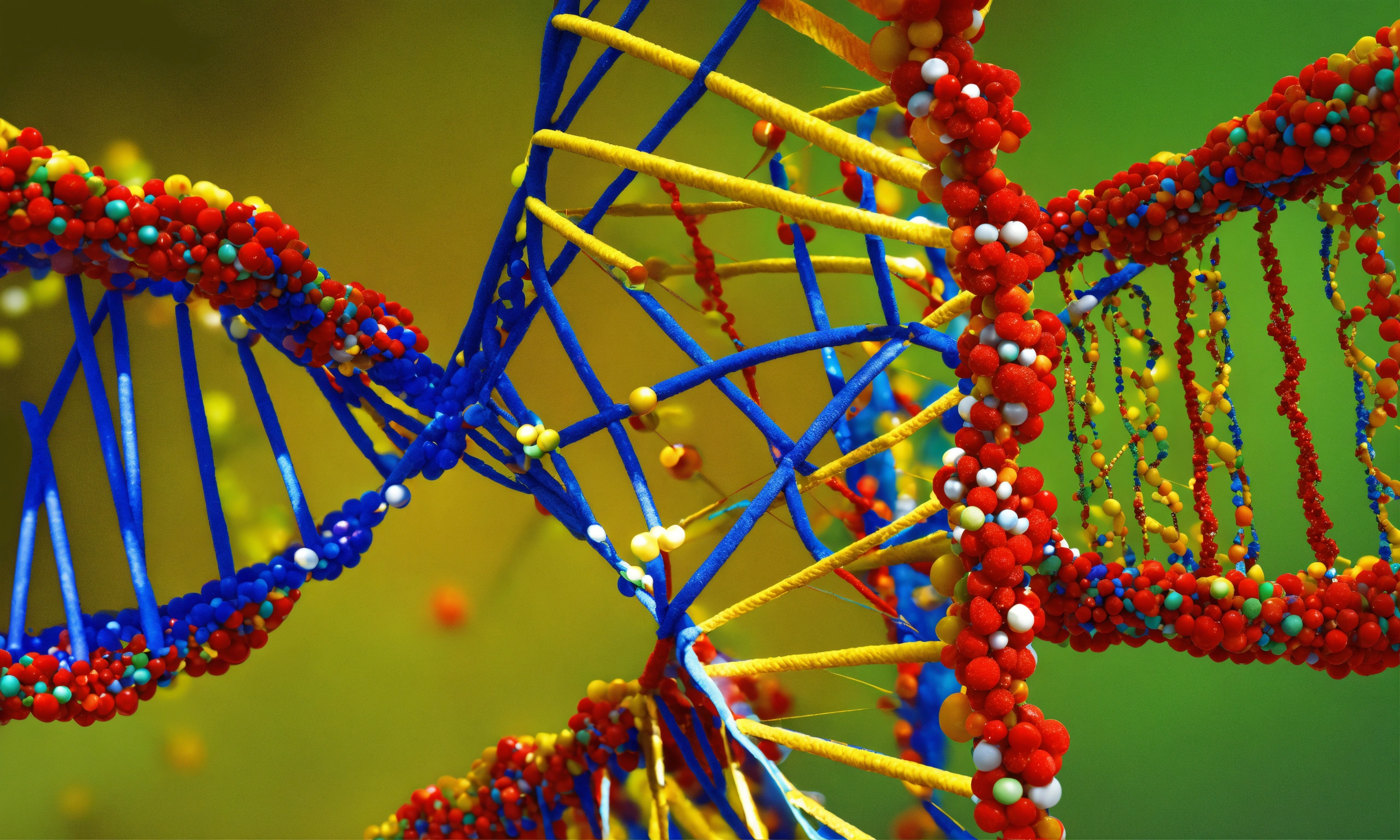Introduction
Cancer is a multifaceted disease influenced by various factors, including lifestyle choices, environmental exposures, and genetics. While lifestyle and environment play significant roles, genetics can also predispose some individuals to a higher risk of developing certain types of cancer. This article will explore how genetics contribute to cancer risk, the types of genetic mutations involved, and what you can do if you have a family history of cancer.
Understanding Genetic Risk Factors.
What is Genetic Predisposition? Genetic predisposition means having an increased likelihood of developing a particular disease based on your genetic makeup. In the context of cancer, certain inherited genetic mutations can significantly elevate your risk of developing the disease.
Types of Genetic Mutations
Inherited Mutations Inherited mutations are passed down from parents to their children. These mutations are present in the DNA of every cell in the body and can increase the risk of various cancers. Examples include BRCA1 and BRCA2 mutations, which are linked to breast and ovarian cancers.
Acquired Mutations Acquired mutations occur during a person’s lifetime due to environmental factors such as UV radiation or smoking. These mutations are not inherited and only affect specific cells. While they play a major role in cancer development, they are not the focus when discussing genetic predisposition.
Common Cancers Linked to Genetic Mutations.

Breast Cancer Mutations in the BRCA1 and BRCA2 genes significantly increase the risk of breast cancer. Women with these mutations have up to a 72% risk of developing breast cancer by age 80. Men with BRCA mutations also have an elevated risk of breast and prostate cancers.
Ovarian Cancer The same BRCA1 and BRCA2 mutations that increase breast cancer risk also heighten the risk of ovarian cancer. Women with these mutations have a higher chance of developing ovarian cancer compared to the general population.
Colorectal Cancer Lynch syndrome, caused by mutations in the MLH1, MSH2, MSH6, PMS2, and EPCAM genes, significantly increases the risk of colorectal cancer. People with Lynch syndrome have a 70-80% lifetime risk of developing colorectal cancer.
Prostate Cancer Certain genetic mutations, including BRCA1, BRCA2, and others, can elevate the risk of prostate cancer. Men with a family history of prostate cancer should consider genetic counseling to assess their risk.
Melanoma Mutations in the CDKN2A gene can increase the risk of melanoma, a dangerous form of skin cancer. People with a family history of melanoma should be vigilant about skin checks and sun protection.
Genetic Testing and Counseling
What is Genetic Testing? Genetic testing involves analyzing your DNA to identify mutations that may increase your risk of cancer. This can be done using blood, saliva, or tissue samples.
Benefits of Genetic Testing.
- Risk Assessment: Identifies your risk for specific cancers.
- Early Detection: Enables proactive monitoring and early detection strategies.
- Informed Decisions: Helps you make informed decisions about preventive measures and treatments.
Genetic Counseling Genetic counseling provides guidance and support to individuals considering genetic testing. A genetic counselor can help you understand the implications of test results, discuss potential risks, and recommend appropriate preventive measures.
Preventive Measures for High-Risk Individuals
Regular Screenings People with a genetic predisposition to cancer should undergo regular screenings tailored to their specific risks. For example, women with BRCA mutations might start mammograms and MRIs at an earlier age.
Preventive Surgeries In some cases, preventive (prophylactic) surgeries can significantly reduce cancer risk. For instance, women with BRCA mutations might opt for a mastectomy or oophorectomy to lower their chances of developing breast and ovarian cancers.
Lifestyle Modifications Adopting a healthy lifestyle can help mitigate some genetic risks. This includes maintaining a healthy weight, exercising regularly, eating a balanced diet, avoiding tobacco, and limiting alcohol consumption.
Medications Certain medications, such as tamoxifen for breast cancer prevention, can reduce cancer risk in high-risk individuals. Discuss options with your healthcare provider to determine if this approach is right for you.
Coping with Genetic Risk.
Emotional Support Learning about a genetic predisposition to cancer can be overwhelming. Seek support from family, friends, or support groups to help you navigate the emotional aspects of your risk.
Informed Decision-Making Educate yourself about your genetic risk and the available preventive measures. Make decisions that align with your values and preferences, in consultation with healthcare professionals.
Staying Proactive Stay proactive about your health by keeping up with recommended screenings and adopting healthy lifestyle habits. Early detection and prevention are key to managing genetic cancer risk.
Conclusion.
While genetics can play a significant role in cancer risk, it’s important to remember that having a genetic predisposition does not guarantee you will develop cancer. By understanding your genetic risk, undergoing appropriate screenings, and making informed lifestyle choices, you can take proactive steps to reduce your chances of developing cancer. Consult with healthcare professionals to develop a personalized plan that best suits your needs.


